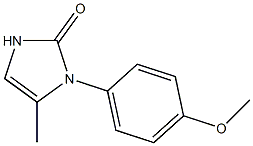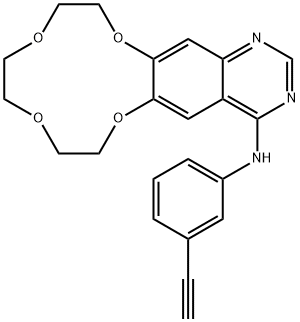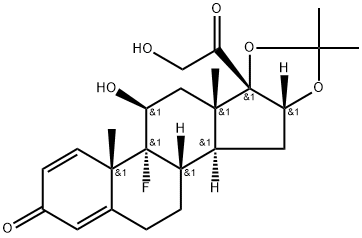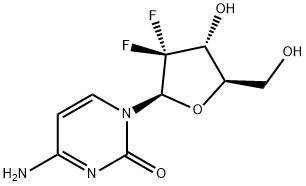Bevacizumab, a humanized IgG1 monoclonal antibody against vascular endothelial
growth factor (VEGF), inhibits tumor angiogenesis and delays disease progression.
It was launched in the US as an intravenous infusion for the treatment of
metastatic colorectal cancer in combination with fluorouracil-based chemotherapy.
Bevacizumab was developed by engineering the VEGF binding residues of the
murine neutralizing antibody A.4.6.1 into the framework of the consensus human
IgG1. Its amino acid sequence is approximately 93% human IgG and 7% murine
antibody and is produced in a CHO cell expression system. Bevacizumab binds
VEGF with high affinity (Kd=0.5 nM) and prevents its interaction with tyrosine
kinase receptors VEGFR1 and VEGFR2 on the surface of endothelial cells, thereby
inhibiting cell proliferation and microvascular growth. In mouse models, administration
of bevacizumab blocked the growth of human tumor xenografts and
reduced the size and number of metastases. The recommended dosage of bevacizumab
is 5 mg/kg administered once every 2 weeks as an intravenous infusion
until disease progression is detected. Based on a population pharmacokinetic analysis
of patients who received 1–20 mg/kg of bevacizumab once every 1–3 weeks, the
estimated half-life was approximately 20 days, and the predicted time to reach
steady state was 100 days. The maximum and minimum steady-state serum concentrations
at 2.5 mg/kg/week dose were 226 and 88 μg/mL, respectively. Clearance
of bevacizumab is low, and varies with body weight, gender and tumor burden. In
patients with colorectal cancer receiving bevacizumab 5–10 mg/kg in combination
with fluorouracil and leucovorin, mean total clearance was 2.79 ml/kg/day. In clinical
studies involving the administration of bevacizumab (5 mg/kg every 2 weeks) or
placebo in addition to bolus-IFL (irinotecan 125 mg/m2 i.v., 5-fluorouracil 500 mg/
m2 i.v., and leucovorin 20 mg/m2 i.v. administered once weekly for four weeks every six weeks), the median overall survival was significantly increased from 15.6 months
in the bolus IFL + placebo arm to 20.3 months in the bolus IFL + bevacizumab
arm. Similar increases were also seen in progression-free survival (6.4 versus 10.6
months), overall response rate (35% versus 45%), and duration of response (7.1
months versus 10.4 months). The most common adverse events in these trials were
hypertension, diarrhea and leucopenia. Other clinically significant adverse events
reported occasionally were gastrointestinal perforations, thromboembolic events,
bleeding and proteinuria. Because wound healing may be impaired by inhibition of
VEGF, bevacizumab therapy is not recommended until 28 days after primary
surgery.





